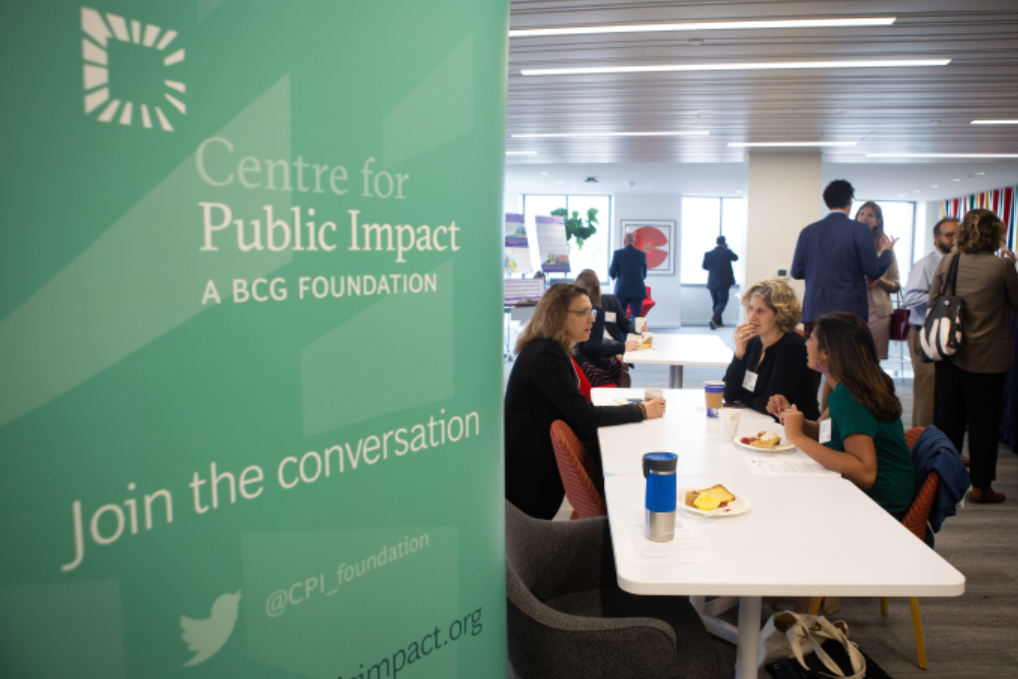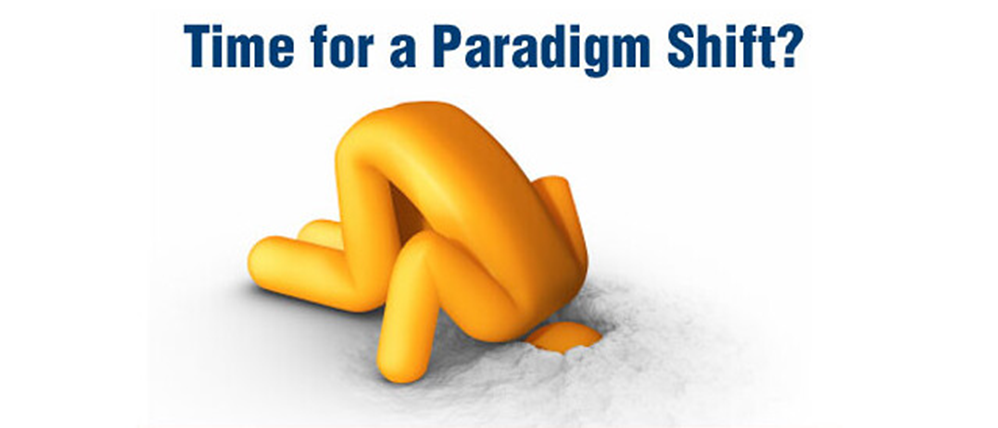Posted by Lancing Farrell 6500 words

Value is often mentioned in local government when talking about services, particularly ‘best value’. However, there is often inadequate understanding about the different types of value, the difference between private and public value, and how value is actually created and managed by an organisation. Sometimes there is the assumption that because we have been busy, that we must have created something worthwhile.
This essay brings together ideas from several earlier posts and is constructed around four hypotheses:
- That there are different types of value created by organisations and for local government public value is the most important.
- Public value is the primary value that must be understood and delivered if councils are to deliver what is expected by the community.
- Value-led management is a way of managing that could transform local government and make it more responsive and effective in serving the community.
- There are simple and effective tools that can be used to improve value creation in local government.
Hypothesis 1: There are different types of value and public value is the most important for local government.
Private value
In a metaphorical sense the value that you add is what you ‘bring to the party’. This is determined by what other people think you have contributed and by thinking about what the party would have been like if you hadn’t arrived.
There are different types of value and it is worth briefly considering the difference between private value and public value. Public value is the collective view of the public or community about what they regard as valuable, especially with regard to the use of public money and authority. Moore describes this as occurring along a spectrum from value that is obtained from public services that is essentially private value, similar to the concept of customer value, to public value that reflects the aggregate value expectations of citizens.

At the private value end of the spectrum, the focus is on the individual service recipient and delivering value that satisfies their expectations. At the public value end of the continuum, the focus is on achieving the social outcomes sought by the community or public. Continue reading →










